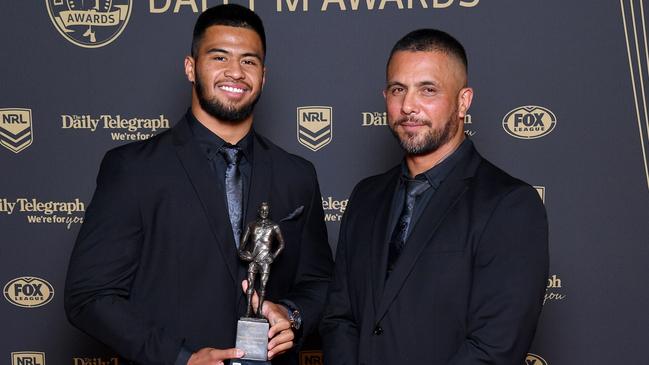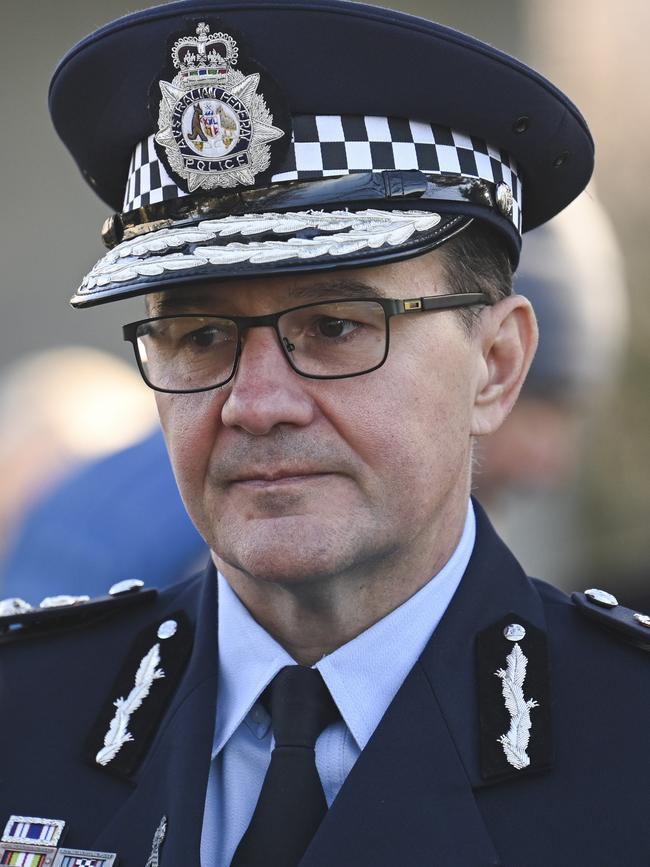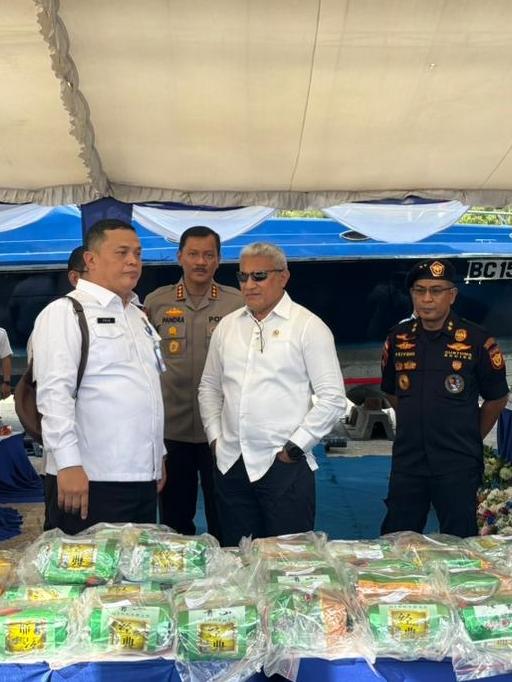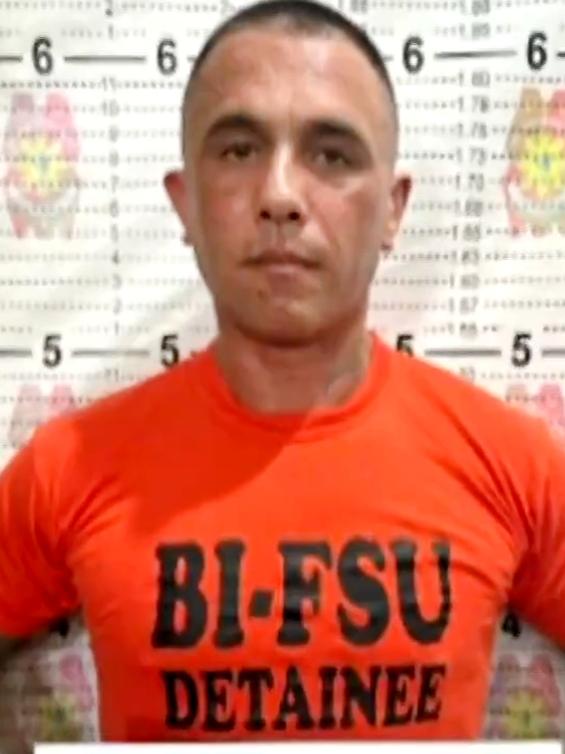Indonesia takes death penalty off table to secure Gregor Haas extradition
Indonesia’s top narcotics cop says he has a ‘gentlemen’s agreement’ with AFP chief Reece Kershaw to resolve the stand-off over Gregor Haas, and is open to the possibility of him facing trial in Australia.

Indonesia has offered to take the death penalty off the table for Gregor Haas, the father of Brisbane Broncos rugby league star Payne Haas, to secure his extradition from The Philippines to Indonesia, where he is wanted for allegedly smuggling 5kg of crystal meth into the country, its top narcotics cop has revealed.
The undertaking was made in a letter from Indonesia’s foreign ministry to Australian and Filipino counterparts in May, just days after Haas’s arrest on an Interpol Red Notice, and reiterated in June during a meeting in Jakarta between National Narcotic Agency (BNN) chief Marthinus Hukom and Australian Federal Police chief Reece Kershaw.


“We have already sent a letter and made some agreement that we can assure we will not do that, that he (Mr Haas) will never get the death penalty. We have promised that,” Commissioner Marthinus told The Australian on the sidelines of a press conference over the maritime interception of 106kg of the drug ice hidden in the hull of a ship bound for Brisbane.
Indonesia respected Australia’s legal regime, which opposes capital punishment, and authorities from both countries were searching for “middle ground”, he added.
To that end, Commissioner Marthinus also revealed Indonesia was now open to Mr Haas facing trial in Australia if that was found to be legally possible – a significant concession from BNN’s earlier position that the 46-year-old must face trial in Indonesia, where the alleged crime occurred.
A joint Indonesia, Australia, Philippines investigation was now in progress.
The drug agency chief – a former head of Indonesia’s Densus 88 counter-terrorism unit that works closely with Australian police – said he and Commissioner Kershaw had a “gentlemen’s agreement” to find a way to resolve the issue, and the AFP commander had promised to help expedite Haas’s extradition to Indonesia.
“That’s what he said; he will help facilitate it because the extradition decision is not a police decision but is handled by the respective ministries of justice,” he said. “It’s a process, just like when I apprehend a foreigner, we have to co-ordinate with all relevant agencies that have authority for extradition. This isn’t just a legal issue; there are many problems including political ones … Our legal aim is to seek justice. Whether extradition occurs or not is a matter of political law.”

Mr Haas has been held in immigration detention in Manila since mid-May when he was arrested on The Philippines’ island of Cebu at Jakarta’s request for his suspected involvement in smuggling 5kg of crystal methamphetamine into Indonesia from Guadalajara, Mexico, last December in a shipment of ceramic tiles.
Indonesian authorities fear Australian authorities have been hindering the extradition process from The Philippines over concerns that Mr Haas could face the death penalty in Indonesia if he were convicted of drug smuggling.
The Queensland father of nine, who owns several properties in Indonesia including a resort on Gili Trawangan, left Indonesia just days before the package was intercepted at Jakarta international airport on a tip-off from the US Drug Enforcement Agency.
Indonesian police say accomplices since arrested and questioned over the drug shipment have implicated Mr Haas in the conspiracy to smuggle ice into the country, which they suspect was sourced from the notorious Mexican Sinaloa cartel, and that Mr Haas must be questioned on whether his Indonesian assets were funded with the proceeds of crime.
Commissioner Marthinus said while Indonesia’s legal regime still imposed the death penalty for drug crimes, a new criminal code that comes into effect in 2026 provides for death sentences to be commuted to life for good behaviour. “In other countries, the death penalty has been abolished. Thus in dealing with cross-country crimes, we mutually respect each other’s laws,” he said.
“I respect the Australian government for valuing every person’s life and protecting their citizens. Every country in the world is obligated to protect its citizens, even if they commit crimes. This is also practised in Indonesia.
“In the case of Gregor Haas we must continue co-ordinating. We have had a good relationship with the AFP for many years and they have assisted us significantly in various investigations.”
The AFP has denied it played any part in Mr Haas’s arrest given the backlash it faced for assisting Indonesian police in apprehending the Bali Nine in April 2005.


